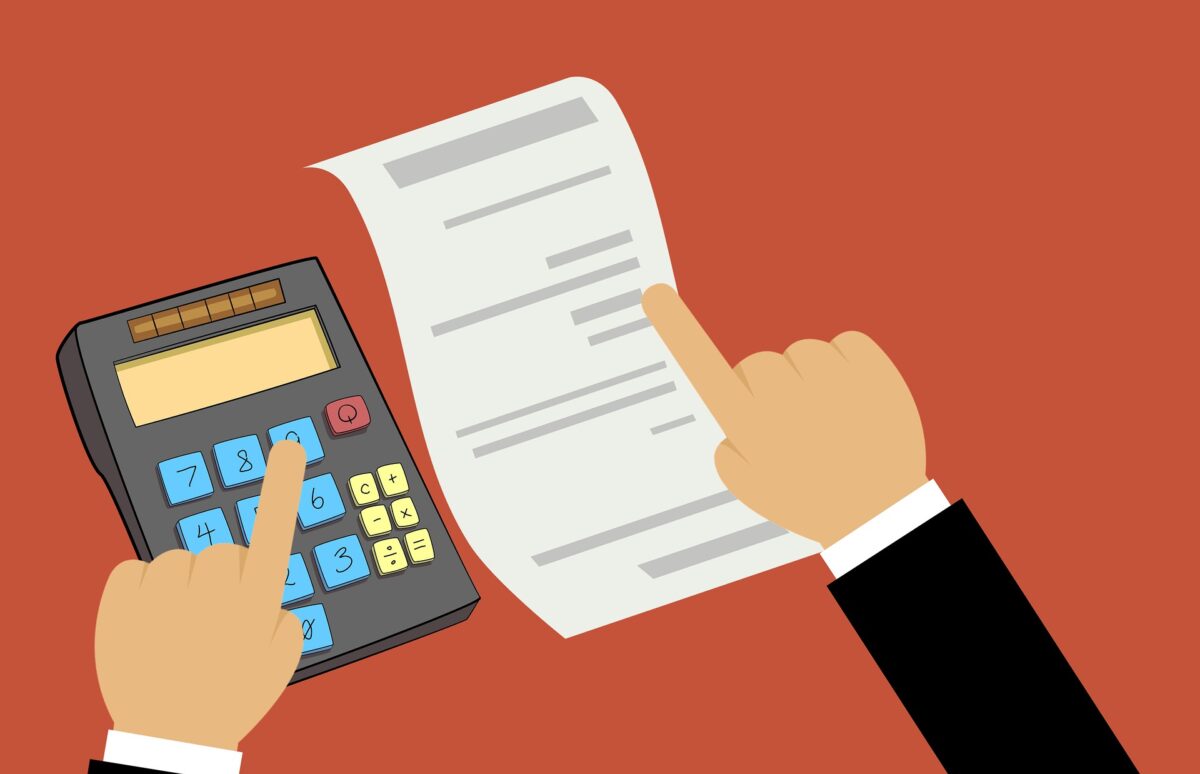A tax expert is an independent tax advisor from a nationally recognized organization or a nationally recognized independent public accounting firm; in both cases, the tax expert must have at least ten years of experience in the relevant tax field.
How do I become a tax expert?
There are three steps you need to take to become a successful tax expert, including:
1- Obtaining a bachelor’s degree
The applicant for the field of work as a tax expert is required to have a bachelor’s degree in accounting or business, where students in the framework of accounting degree programs study concepts related to business administration, business law, financial accounting, marketing, and strategic management, and those interested can become certified public accountants after obtaining a degree. Bachelor’s degree holders must complete an examination to become licensed, and once they obtain a license, they must complete continuing education to keep their license active.
2- The ability to develop skills through courses
The applicant for the field of work as a tax expert must be able to develop his skills, including communication skills and others, because tax specialists are obliged to possess many skills, such as customer service skills and personal services, and therefore the applicant for the field of work as a tax expert must develop his written and oral skills. By taking advantage of networking courses, some jobs may also require applicants to have taken specialized tax-related courses or a certain amount of accounting courses in their education. Business students can take additional accounting courses to meet this requirement. Work as a tax expert to be able to understand tax laws and principles.

3- Complete on-the-job or formal training.
Some tax professionals may need to complete on-the-job training or formal training, which may last up to a year. Formal training will introduce new employees to tax and deduction law and Internal Revenue Service policies, and learning and skills enhancement programs will provide individuals with on-the-job training through courses and on-site study and learning.
4- Keeping up-to-date information about current tax laws
The IRS offers employment advancement programs for tax professionals, which help them learn about current and changing tax laws, thus helping them maintain their skills and knowledge in this area by completing additional training or skills development programs.
What does a tax expert do?
The tax expert provides advisory services and advice to his clients regarding the preparation of taxes and other accounting matters. His primary duties and responsibilities in this profession are to assess the tax services needs of his clients, investigate all tax and financial laws related to his clients’ business or personal spending, and prepare tax forms and customs paperwork on behalf of his clients. His goal is to find various tax deduction and credit benefits for his clients.
Read also: How to analyze balance sheet items yourself



